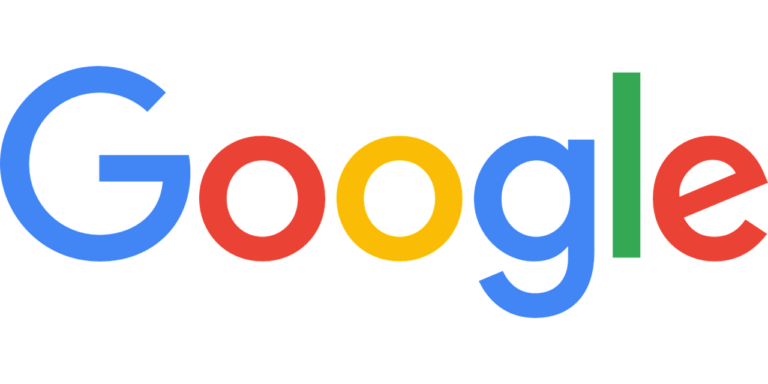Alexa and Google Assistant are now getting along after years of vicious fighting. The first products on the market to do so are additions to Harman’s JBL Authentics speaker lineup that incorporate both Alexa and Google Assistant. Beginning on September 17, the Authentics 200, Authentics 300, and Authentics 500—all of which feature automated self-tuning, Bluetooth, and multiroom playback—will be offered for purchase.
[Source of Image : Techcrunch.com]
Google has resisted allowing manufacturers to create intelligent gadgets with Alexa and Google Assistant for years, at least outside of Sonos.
Amazon increased the pressure as a result, perhaps not out of compassion but rather to level what it saw as an unfair playing field.
Although Google has long benefited by releasing Google Assistant as the default assistant on Android handsets, Alexa has a solid install base of about 500 million devices as of early this year. (The EU antitrust agency once looked into this special treatment.) In 2019, Google claimed over 1 billion devices were running Google Assistant.
To ensure that customers of voice-enabled goods like smart speakers, smartphones, and intelligent displays can select from various voice assistants, Amazon introduced the Voice Interoperability Initiative in 2019. Apple, Samsung, and Google all declined to sign up. The search engine king is now altering its tune.
The new JBL Authentics speakers will support both Alexa and Google Assistant equally. For instance, users can ask Alexa to set a timer and Google Assistant to stop it when it rings (and vice versa).
The feature powered by Amazon’s Multi-Agent Experience Toolkit created out of the Voice Interoperability Initiative, is what the company calls universal device commands (UDC). With UDC, a user may ask both Alexa and Google Assistant to pause specific tasks, such as music, timers, reminders, and alarms, without having to recall which assistant initiated the request or ask for it to be transferred to the other assistant.
The fact that the assistants won’t try to talk over one another is equally essential. To avoid, for example, Alexa talking over a Google Assistant timer, the Authentics speakers automatically change the “audio focus” at the proper time.
Aaron Rubenson, VP of Alexa, informed me through email that Amazon and Google have been evaluating UDC during beta trials.
He said that customers may choose to utilize Alexa or Google Assistant to access their preferred Amazon and Google services. “You could ask Alexa to order milk from Amazon.com after asking Google Assistant for a suitable substitute. Alternatively, you may ask Google Assistant to set a reminder about the arrival to your Google Calendar once Alexa notifies you that an Amazon product has arrived.
But now that both assistants are on one device, aren’t Google and Amazon worried that engagement with either Alexa or Google Assistant may suffer? Not. Rubenson and Chacko make a startling shift in tone when they explain that they view the assistants as “complementary” rather than competitive with one another.
The sales of smart speakers have been falling for some time. For the sixth straight quarter, shipments declined 30% in Q1 2023. According to a poll by UpCity, a business-to-business service directory, only half of American consumers use voice search daily.
Simply put, the stakes are fewer than they once were, especially considering that both Google and Amazon have internally scaled back their voice assistant projects.
According to reports, Amazon was projected to lose $10 billion on Alexa and other devices in 2022 alone. Additionally, Google has reduced the money it spends on the Google Assistant for its hardware and that of third parties. Most recently, it removed third-party voice games and apps from Nest Hub intelligent screens.
There are other factors in the shifting company goals and declining revenue. Making money with voice assistants is challenging. Less than $2 million is reported to have been Amazon’s revenue from Alexa apps in 2019, much below the company’s $5 million aim.
Whatever the case, the Harman/Amazon partnership is a one-time thing. According to Chacko, Future Google Assistant and Alexa integrations may or may not happen, depending on how well this one is received.
The impact of this integration remains uncertain at this early stage. Although we presently have no intentions to disclose forthcoming integrations, we are intrigued by how individuals will use the concurrent accessibility to both Alexa and Google Assistant within their households.
In other words, it’s a transient partnership rather than a permanent standoff.
[Source of Information : Techcrunch.com]

Note: You can reach us at support@scoopearth.com with any further queries.
Linkedin Page : https://www.linkedin.com/company/scoopearth-com/













